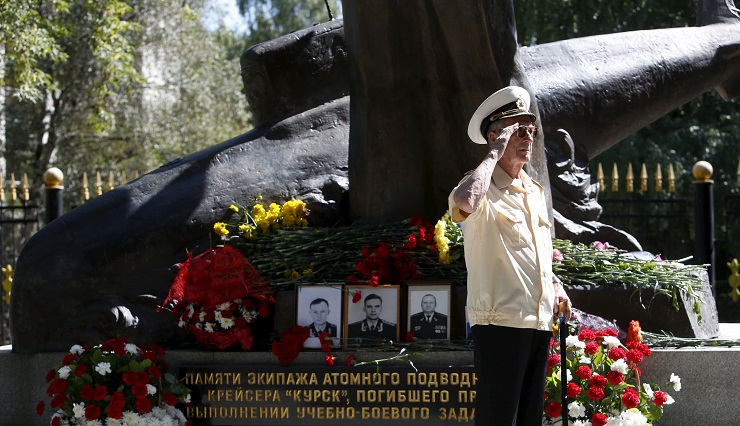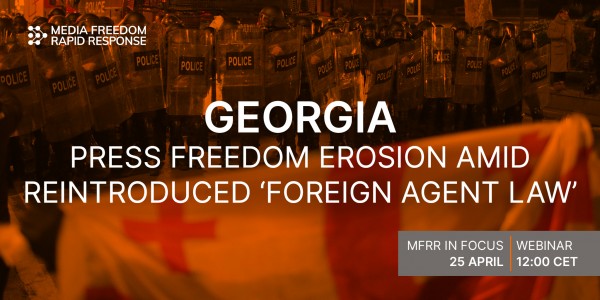The International Press Institute (IPI) today welcomed a recent judgement by the European Court of Human Rights (ECHR) finding that Russia had violated the free expression rights of a Russian editorial house and journalist that had covered the “Kursk” disaster of 2000.
In a unanimous judgement last week the ECHR ruled that the Russian courts, acting on defamation proceedings brought by military officials, wrongly found Redaktsionno-Izdatelskiy Dom ‘Novaya Gazeta’, the publisher of the newspaper Novaya Gazeta, and Novaya Gazeta journalist Yelena Milashina liable for having reported the opinions of third parties following articles published in 2005 on the sinking of the Russian nuclear submarine Kursk.
ECHR noted in its decision that the Russian national courts had appeared to assume that the “protection of the claimants’ reputation prevailed over freedom of expression in all circumstances”. The Strasbourg ruling found that the national courts had provided no justification for punishing a journalist who had disseminated statements made by another person on a matter of significant public interest. The ECHR observed that the national courts had – wrongly – considered the distinction between the journalist’s views and those of a third party “completely irrelevant”.
The ECHR ordered Russia to pay 3,388 euros in damages to the publisher and 2,170 euros to Milashina.
IPI Director of Press Freedom Programmes Scott Griffen welcomed the decision.
“The ECHR’s ruling in this case upholds several important standards of defamation law, including journalists’ right to cover and disseminate critical third-party views on matters of public interest, and the principle that public officials must be open to a wider degree of criticism,” he said.
Griffen added: “Defamation proceedings, in Russia and elsewhere, remain an easy tool to silence media and journalists reporting on allegations of official misconduct. Independent courts are a critical bulwark against this abuse, and in this sense Russia should ensure that its courts are aware of international standards on freedom of expression in defamation cases.”
Earlier this year, IPI published a Russian-language version of “Freedom of Expression, Media Law and Defamation”, a comprehensive reference and training manual for lawyers and journalists on European legal standards related to freedom of expression and the protection of reputation, in Russian.
The Russian Navy’s nuclear missile submarine Kursk sank on Aug. 12, 2000 in the Barents Sea following a series of explosions on board, eventually killing all 118 personnel on board.
The articles published by Novaya Gazeta in January 2005 reported on statements by a relative of one of the victims suggesting that the officials in charge of investigating the disaster were guilty of abuse of office. The second article, most notably, reported on the family member’s belief that the prosecutors’ decision to terminate the Kursk investigation had helped naval officers to “escape criminal responsibility”.
Military officials, including Russia’s chief military prosecutor, sued Novaya Gazeta and Milashina in civil court. In December 2005, a district court in Moscow ruled in the claimants’ favour, ordering the publisher to publish a retraction of the statement referring to alleged abuse of office. The publisher and Milashina were ordered to pay to each claimant the equivalent of 1,500 and 200 euros, respectively, in damages. In particular, the court found that the expression “to help escape criminal responsibility” was defamatory.
In 2015, Russian President Vladimir Putin signed a law allowing the Constitutional Court of Russia to decide whether or not to comply with judgements made by international human rights courts. In effect, this enables Russia’s high court to ignore decisions made by the ECHR.



